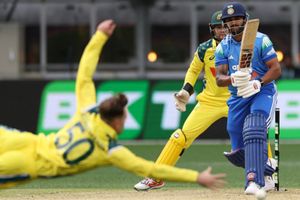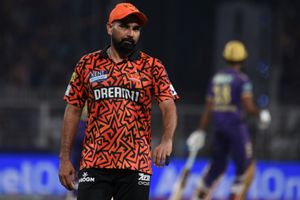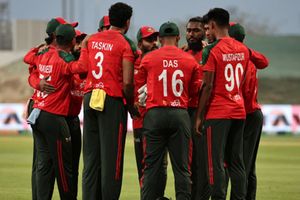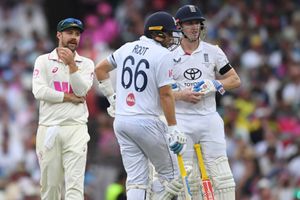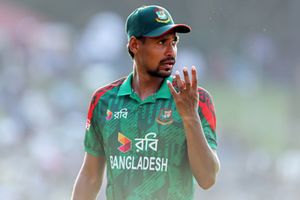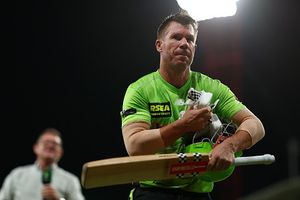The 1920 Summer Olympics, held in Antwerp, Belgium, marked a significant milestone in the annals of Indian sports history. It was the first time India participated in the Olympic Games, a momentous event that set the stage for the country's future in international sports. The Indian contingent, though modest in size, comprised five athletes who competed in athletics and wrestling, showcasing India's nascent sporting talent on the world stage.
Formation of the Indian Contingent
The journey to the 1920 Antwerp Games was initiated by a committee that undertook the responsibility of selecting and sending Indian athletes to the Olympics. This decision was influenced by the growing desire to establish India's presence in international sports, and the committee's efforts were instrumental in navigating the logistical and financial challenges of the time.
The Athletes and Their Events
The contingent was composed of five men, each selected for their prowess in their respective sports:
Purma Bannerjee - Competing in both the 100 meters and 400 meters, Bannerjee was a sprinter whose participation marked the beginning of India's long-standing tradition in track events. His participation at Antwerp was a pioneering moment for Indian athletics.
Phadeppa Chaugule - Chaugule was an extraordinary long-distance runner, selected for both the 10000 meters and the marathon. His inclusion in these grueling events highlighted the endurance and perseverance inherent in Indian athletes.
Sadashiv Datar - Also competing in the marathon, Datar represented another facet of India's early competence in long-distance running. The marathon, a classic Olympic event, was a significant platform for showcasing Datar’s endurance at an international level.
Kumar Navale and Dinkkarao Shinde - Both athletes represented India in wrestling, a sport that has historical roots in the country’s traditional games and physical culture. Their participation underscored India's potential in combat sports, which would later become a stronghold for the nation in international competitions.
Challenges and Legacy
Despite the excitement and honor of representing their country, the athletes faced numerous challenges. The logistical difficulties of traveling from India to Belgium, the lack of international exposure, and the limited resources for training and preparation were significant obstacles. However, their participation in the Antwerp Games was a bold statement of India's commitment to international sportsmanship and competition.
The 1920 Olympic Games were not just about the results on the track or the wrestling mat; they were about laying the groundwork for future generations of Indian athletes. The experiences of these five pioneers paved the way for the country's enhanced participation and eventual success in later Olympics.
The story of the first Indian Olympic contingent is a tale of courage, determination, and national pride. It reflects a broader narrative of India's journey in the global sports arena, from humble beginnings in Antwerp to the nation's current status as a formidable force in various disciplines. As we look back on that historic participation, it serves as a reminder of the enduring spirit of Indian athletes and the ever-evolving legacy of this initial foray into the Olympics.
ADVERTISEMENT

